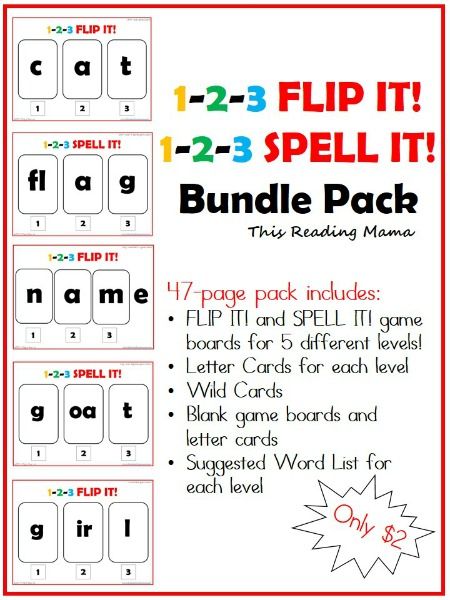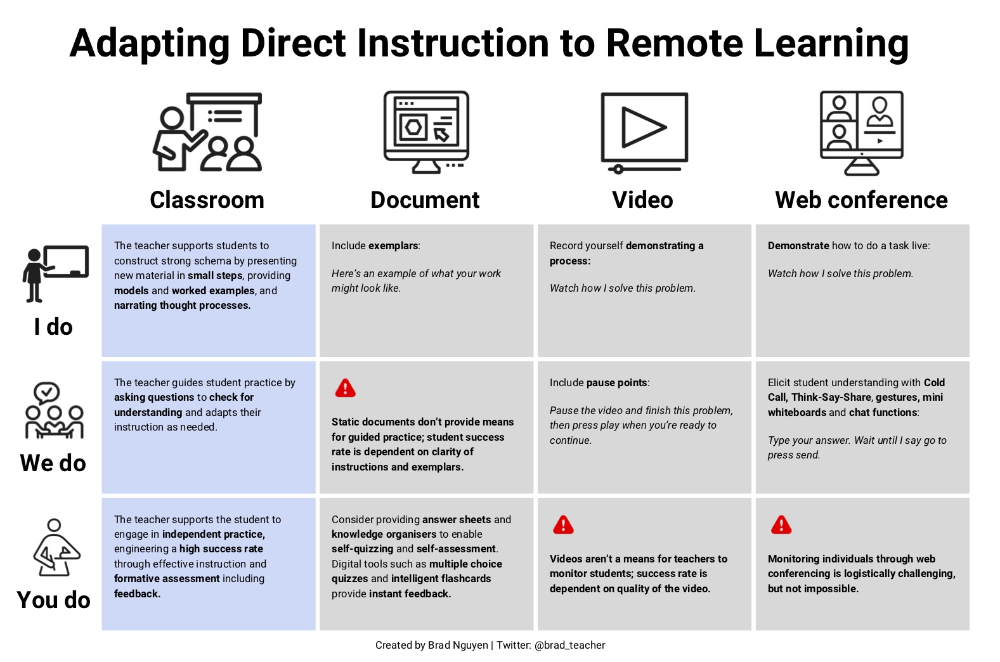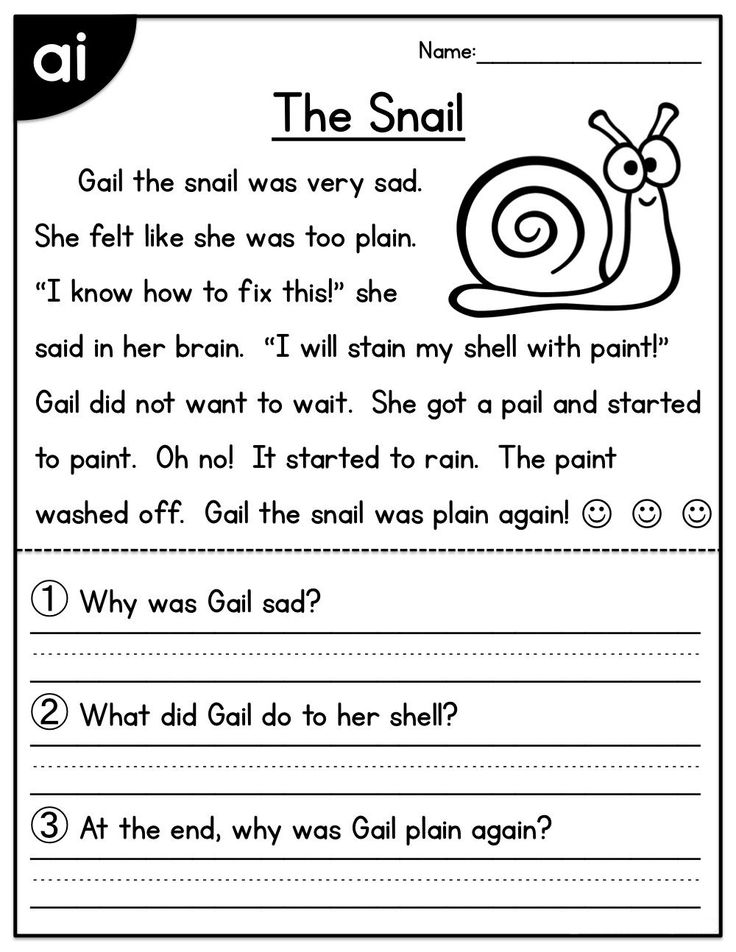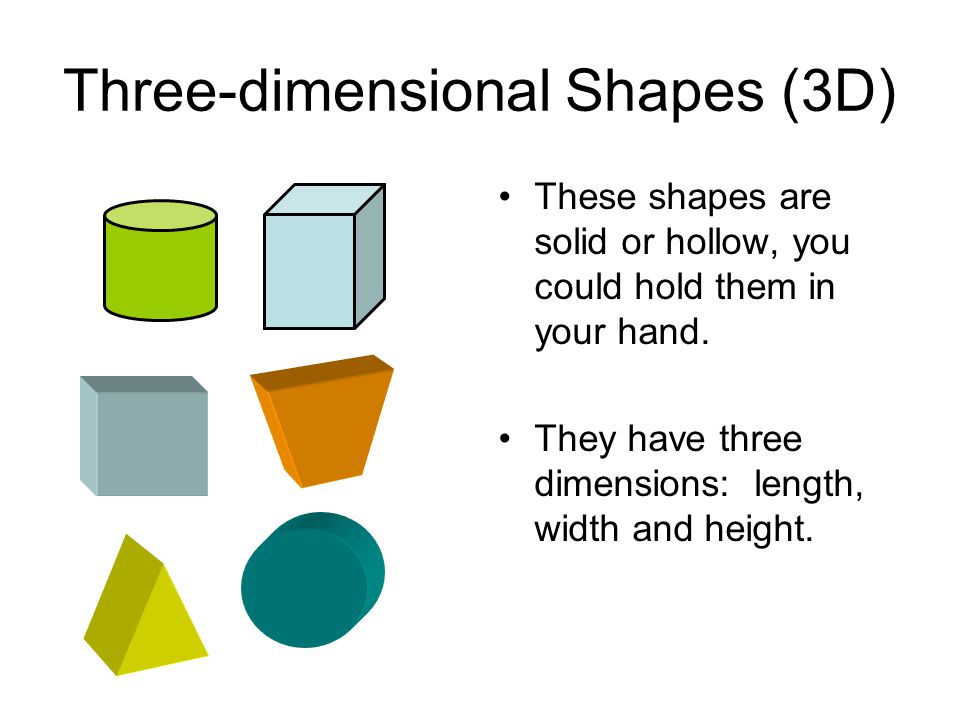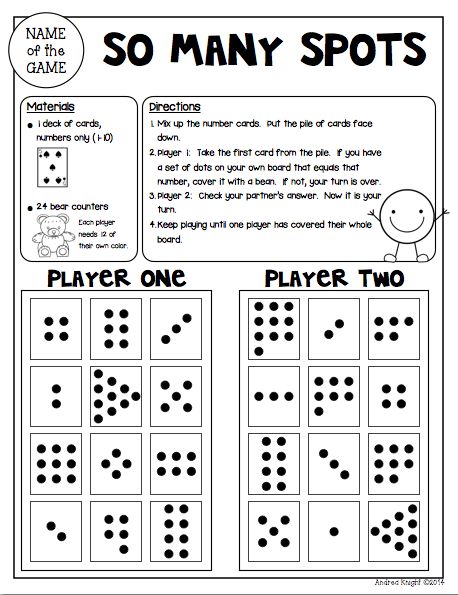Simple sentences list
ENG 1001: Sentences: Simple, Compound, and Complex
A common weakness in writing is the lack of varied sentences. Becoming aware of three general types of sentences--simple, compound, and complex--can help you vary the sentences in your writing.
The most effective writing uses a variety of the sentence types explained below.
1. Simple Sentences
A simple sentence has the most basic elements that make it a sentence: a subject, a verb, and a completed thought.
Examples of simple sentences include the following:
- Joe waited for the train.
"Joe" = subject, "waited" = verb
- The train was late.
"The train" = subject, "was" = verb
- Mary and Samantha took the bus.
"Mary and Samantha" = compound subject, "took" = verb
- I looked for Mary and Samantha at the bus station.
"I" = subject, "looked" = verb
- Mary and Samantha arrived at the bus station early but waited until noon for the bus.
"Mary and Samantha" = compound subject, "arrived" and "waited" = compound verb
Tip: If you use many simple sentences in an essay, you should consider revising some of the sentences into compound or complex sentences (explained below).
The use of compound subjects, compound verbs, prepositional phrases (such as "at the bus station"), and other elements help lengthen simple sentences, but simple sentences often are short. The use of too many simple sentences can make writing "choppy" and can prevent the writing from flowing smoothly.
A simple sentence can also be referred to as an independent clause. It is referred to as "independent" because, while it might be part of a compound or complex sentence, it can also stand by itself as a complete sentence.
2. Compound Sentences
A compound sentence refers to a sentence made up of two independent clauses (or complete sentences) connected to one another with a coordinating conjunction.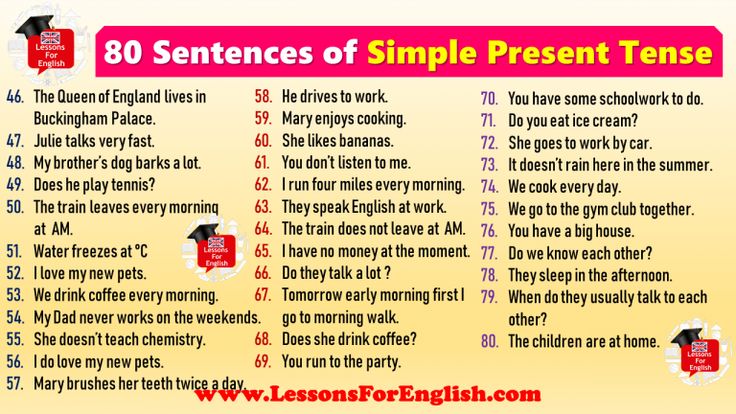 Coordinating conjunctions are easy to remember if you think of the words "FAN BOYS":
Coordinating conjunctions are easy to remember if you think of the words "FAN BOYS":
- For
- And
- Nor
- B ut
- Or
- Yet
- So
Examples of compound sentences include the following:
- Joe waited for the train, but the train was late.
- I looked for Mary and Samantha at the bus station, but they arrived at the station before noon and left on the bus before I arrived.
- Mary and Samantha arrived at the bus station before noon, and they left on the bus before I arrived.
- Mary and Samantha left on the bus before I arrived, so I did not see them at the bus station.
Tip: If you rely heavily on compound sentences in an essay, you should consider revising some of them into complex sentences (explained below).
Coordinating conjunctions are useful for connecting sentences, but compound sentences often are overused.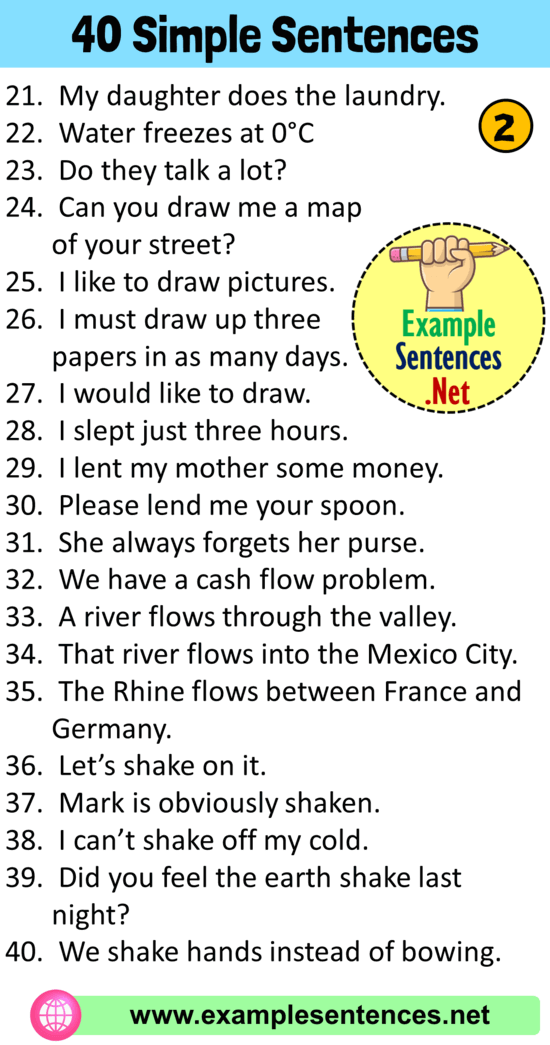 While coordinating conjunctions can indicate some type of relationship between the two independent clauses in the sentence, they sometimes do not indicate much of a relationship. The word "and," for example, only adds one independent clause to another, without indicating how the two parts of a sentence are logically related. Too many compound sentences that use "and" can weaken writing.
While coordinating conjunctions can indicate some type of relationship between the two independent clauses in the sentence, they sometimes do not indicate much of a relationship. The word "and," for example, only adds one independent clause to another, without indicating how the two parts of a sentence are logically related. Too many compound sentences that use "and" can weaken writing.
Clearer and more specific relationships can be established through the use of complex sentences.
3. Complex Sentences
A complex sentence is made up of an independent clause and one or more dependent clauses connected to it. A dependent clause is similar to an independent clause, or complete sentence, but it lacks one of the elements that would make it a complete sentence.
Examples of dependent clauses include the following:
- because Mary and Samantha arrived at the bus station before noon
- while he waited at the train station
- after they left on the bus
Dependent clauses such as those above cannot
stand alone as a sentence, but they can be added to an independent clause to form a complex sentence.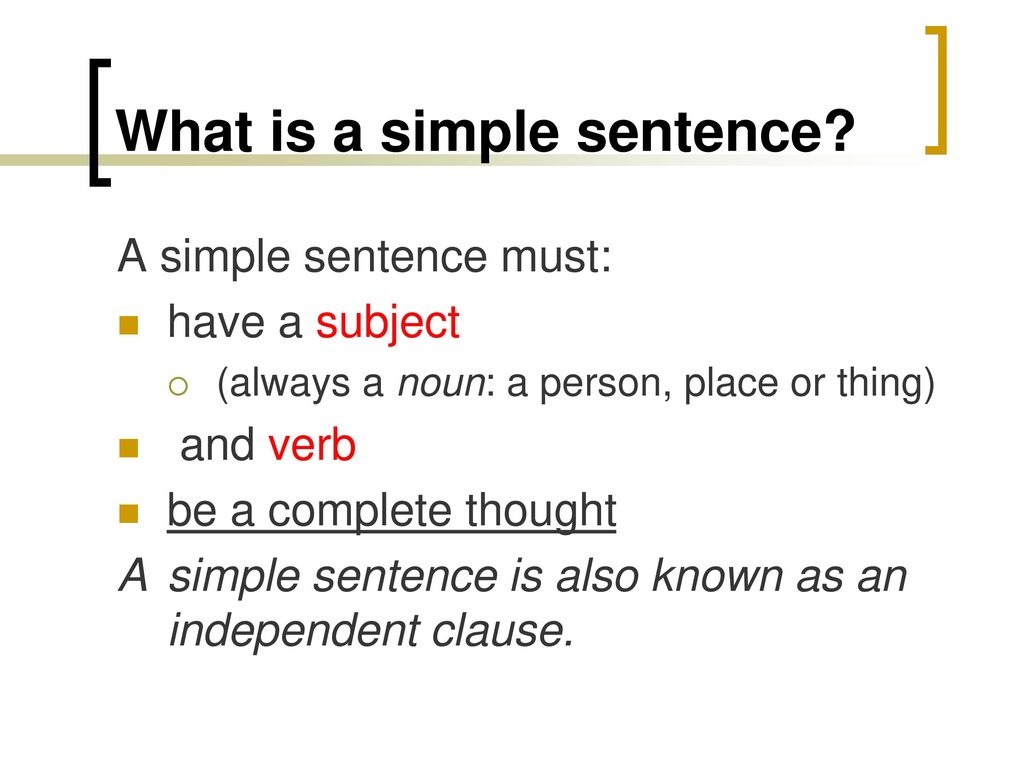
Dependent clauses begin with subordinating conjunctions. Below are some of the most common subordinating conjunctions:
- after
- although
- as
- because
- before
- even though
- if
- since
- though
- unless
- until
- when
- whenever
- whereas
- wherever
- while
A complex sentence joins an independent clause with one or more dependent clauses.
The dependent clauses can go first in the sentence, followed by the independent clause, as in the following:
Tip: When the dependent clause comes first, a comma should be used to separate the two clauses.
- Because Mary and Samantha arrived at the bus station before noon, I did not see them at the station.
- While he waited at the train station, Joe realized that the train was late.
- After they left on the bus, Mary and Samantha realized that Joe was waiting at the train station.
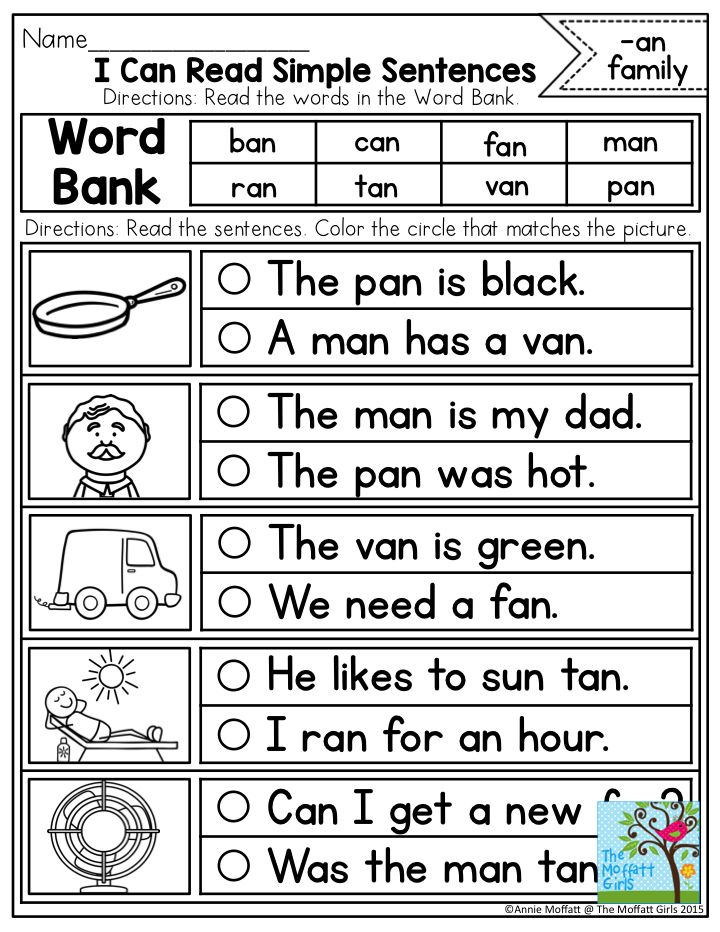
Conversely, the independent clauses can go first in the sentence, followed by the dependent clause, as in the following:
Tip: When the independent clause comes first, a comma should not be used to separate the two clauses.
- I did not see them at the station because Mary and Samantha arrived at the bus station before noon.
- Joe realized that the train was late while he waited at the train station.
- Mary and Samantha realized that Joe was waiting at the train station after they left on the bus.
Complex sentences are often more effective than compound sentences because a complex sentence indicates clearer and more specific relationships between the main parts of the sentence. The word "before," for instance, tells readers that one thing occurs before another. A word such as "although" conveys a more complex relationship than a word such as "and" conveys.
The term periodic sentence is used to refer to a complex sentence beginning with a dependent clause and ending with an independent clause, as in "While he waited at the train station, Joe realized that the train was late.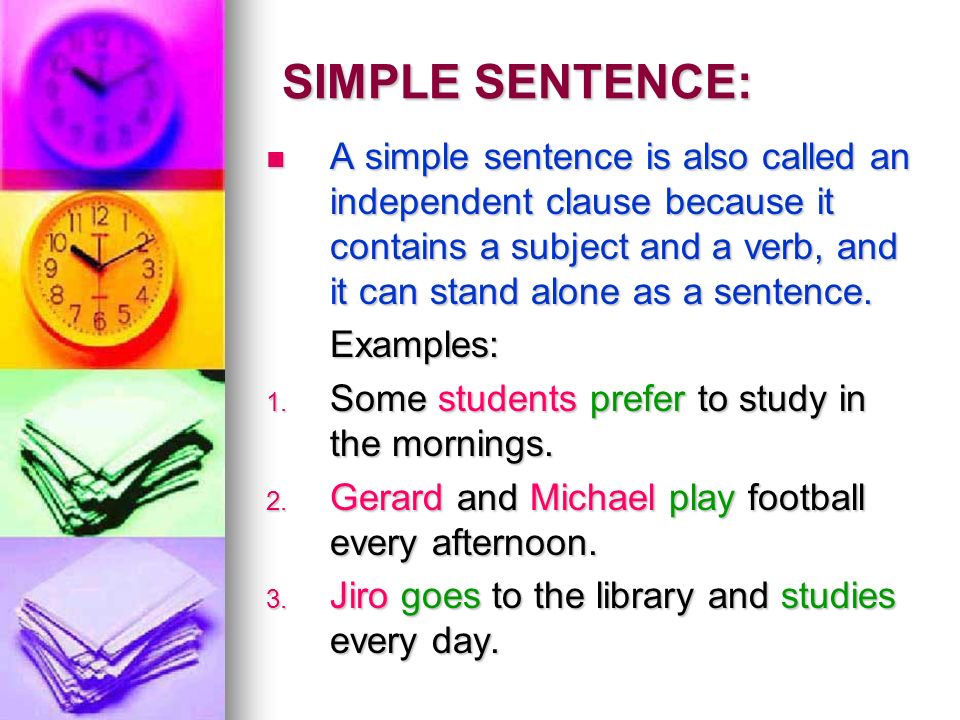 "
"
Periodic sentences can be especially effective because the completed thought occurs at the end of it, so the first part of the sentence can build up to the meaning that comes at the end.
Beginning Sentences with "And" or "Because"
Should you begin a sentence with "and" or "but" (or one of the other coordinating conjunctions)?
The short answer is "no." You should avoid beginning a sentence with "and," "or," "but," or the other coordinating conjunctions. These words generally are used to join together parts of a sentence, not to begin a new sentence.
However, such sentences can be used effectively. Because sentences beginning with these words stand out, they are sometimes used for emphasis. If you use sentences beginning with one of the coordinating conjunctions, you should use these sentences sparingly and carefully.
Should you begin a sentence with "because"?
There is nothing wrong with beginning a sentence with "because."
Perhaps some students are told not to begin a sentence with "because" to avoid sentence fragments (something like "Because Mary and Samantha arrived at the bus station before noon" is a sentence fragment), but it is perfectly acceptable to begin a sentence with "because" as long as the sentence is complete (as in "Because Mary and Samantha arrived at the bus station before noon, I did not see them at the station.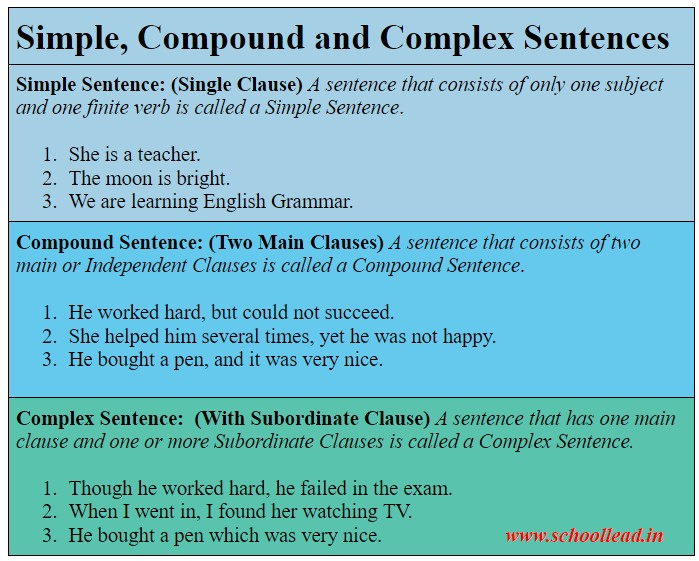 ")
")
Watch It!
37 Simple Sentence Examples and Worksheet
If you're confused about what makes a sentence simple, these 37 simple sentence examples will help clear things up. This type of sentence can have only one independent clause. It can be long or short, but the basic structure is always the same. There are several types of simple sentences. Read over each type below and use the worksheet to help you practice writing your own simple sentences.
37 Simple Sentence Examples and Worksheet
Advertisement
One Subject and One Verb
Simple sentences have one subject and one verb or predicate. Some of these have a direct object or a modifier, but they still only have one subject and one verb. If you need to brush up on these parts of speech, read up on Understanding Subjects, Predicates, and Objects.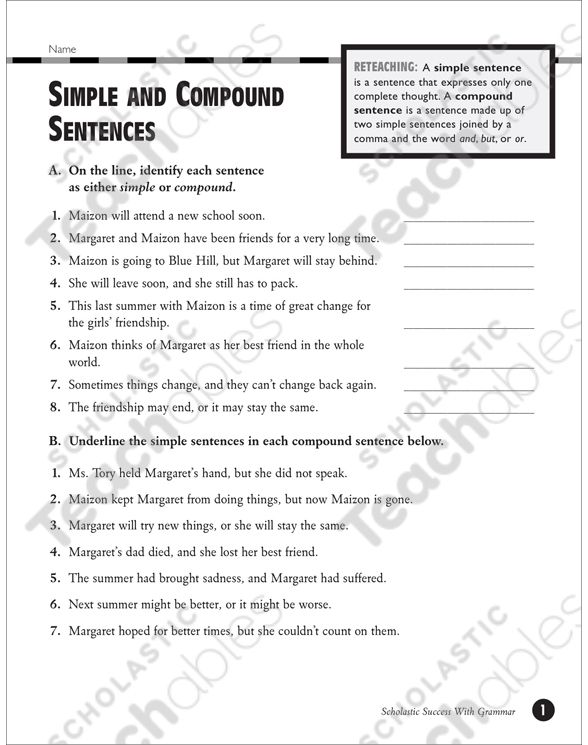 The following examples show how this works:
The following examples show how this works:
- The cat stretched.
- Jacob stood on his tiptoes.
- The car turned the corner.
- Kelly twirled in circles.
- She opened the door.
- Aaron made a picture.
- I'm sorry.
- I danced.
View & Download PDF
Examples With an Implied Subject
Some simple sentences have a single subject and verb, but the subject isn't stated in the sentence. Instead, the reader knows who the subject is from context. You'll notice that many of these short examples are imperative sentences with an implied subject of "you":
- Run!
- Open the jar carefully.
- Read the directions.
- Don't cry.
- Use common sense.
- Make the best of things.
- Catch up!
These sentences have just one independent clause. Refresh your memory about the difference between independent and dependent clauses if you need clarification.
Advertisement
Compound Subject and One Verb
You'll also see simple sentences with a compound subject and one verb.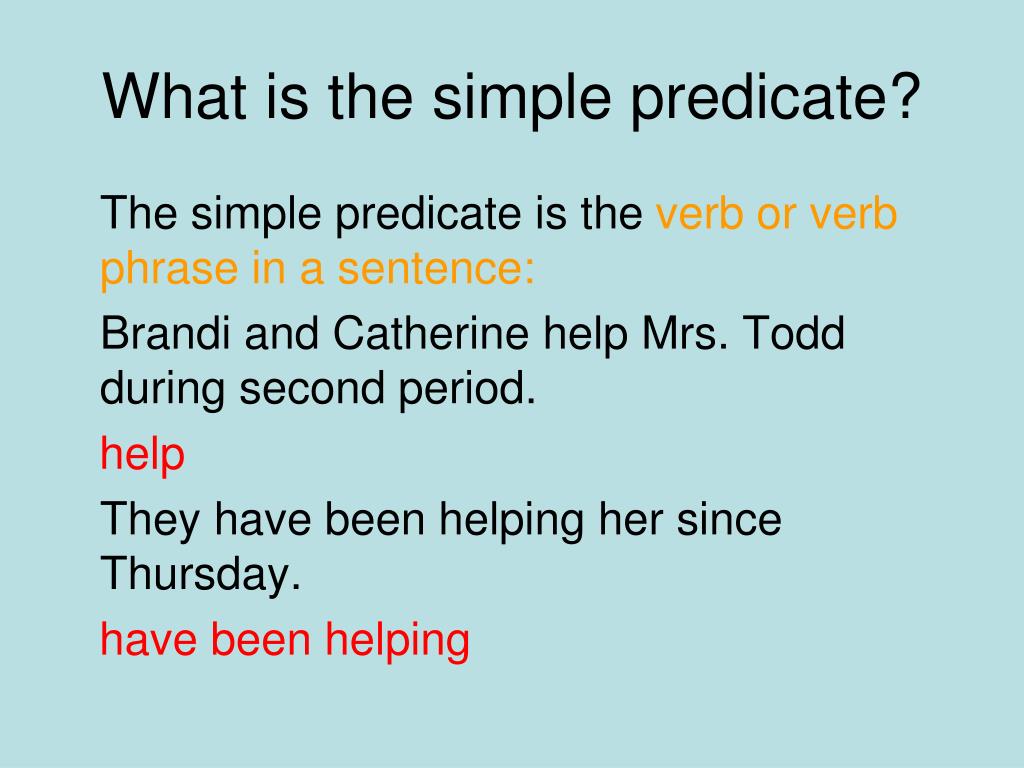 In this case, the subjects are joined by a conjunction like "and" and are all performing the action described in the verb. There may be modifiers and direct objects here as well, as you'll see in some of these examples:
In this case, the subjects are joined by a conjunction like "and" and are all performing the action described in the verb. There may be modifiers and direct objects here as well, as you'll see in some of these examples:
- Sarah and Ira drove to the store.
- Jenny and I opened all the gifts.
- The cat and dog ate.
- My parents and I went to a movie.
- Mrs. Juarez and Mr. Smith are dancing gracefully.
- Samantha, Elizabeth, and Joan are on the committee.
- The ham, green beans, mashed potatoes, and corn are gluten-free.
- The paper and pencil sat idle on the desk.
One Subject and Compound Verb
You'll also see some simple sentences with more than one verb and a single subject. In this case, they are compound verbs. The subject is doing all the actions, and the actions go together. The easiest way to see this is with some examples:
- Misha walked and looked around.
- My mother hemmed and hawed over where to go for dinner.

- He was eating and talking.
- I rinsed and dried the dishes.
- Joe stood up and spoke to the crowd.
Examples of Longer Simple Sentences
Although a simple sentence can be a single word, it can also be much longer. Adding modifiers or multiple direct objects can extend the length of the sentence. These examples are all simple sentences, despite their length:
- The mangy, scrawny stray dog hurriedly gobbled down the grain-free, organic dog food.
- I quickly put on my red winter jacket, black snow pants, waterproof boots, homemade mittens, and handknit scarf.
- The incessant ticking and chiming echoed off the weathered walls of the clock repair shop.
- Nervously, I unfolded the wrinkled and stained letter from my long-dead ancestor.
- Into the suitcase, I carelessly threw a pair of ripped jeans, my favorite sweater from high school, an old pair of tube socks with stripes, and $20,000 in cash.
Advertisement
Simple Sentence Examples From Literature
Writers have been using simple sentences as long as people have been writing.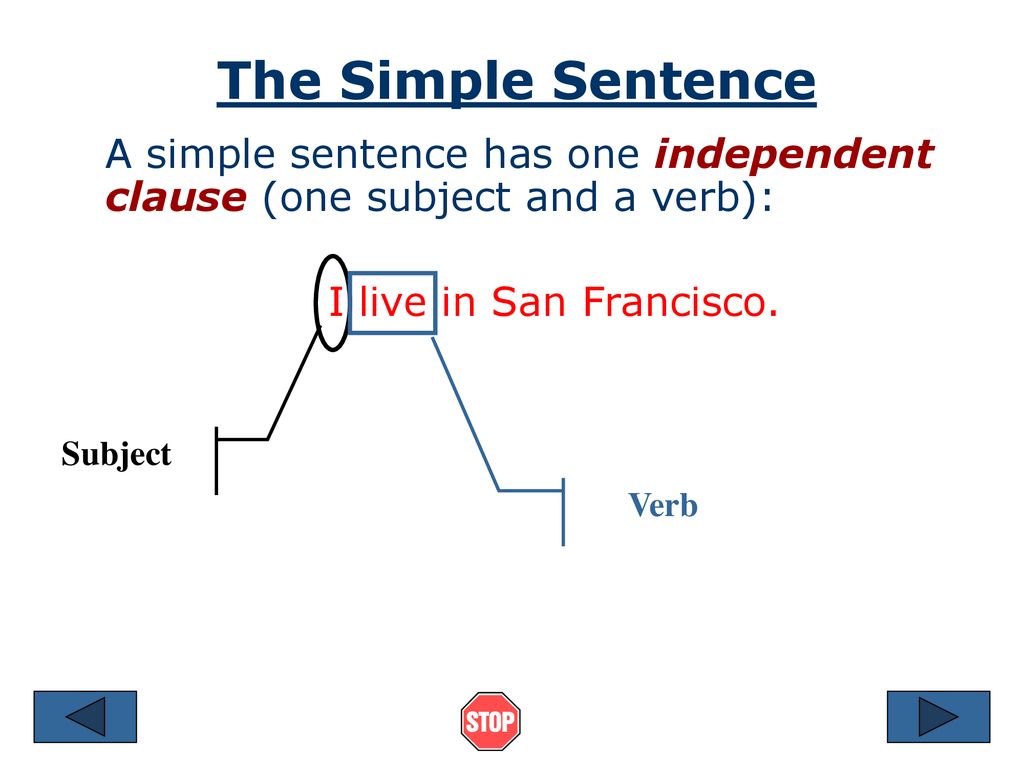 Consider these examples from literature:
Consider these examples from literature:
- "The Spirits of All Three shall strive within me." A Christmas Carol by Charles Dickens
- "I was the more deceived." Ophelia in Hamlet by William Shakespeare
- "Neither boy spoke." The Adventures of Tom Sawyer by Mark Twain
- "Call me Ishmael." Moby Dick by Herman Melville
Understand Sentence Structure
Now that you know about simple sentences and have seen some examples, take a moment to learn about other sentence types like compound sentences and complex sentences.The more you know about how sentences are put together, the better your writing will become.
Staff Writer
- 4th grade
- 5th grade
- 6th grade
- 7th grade
- 8th grade
- elementary school
- middle school
- high school
- worksheets
Related Articles
What Is a Predicate?
"It's the basis of ordinary etiquette / to be sure of your subject and your predicate.
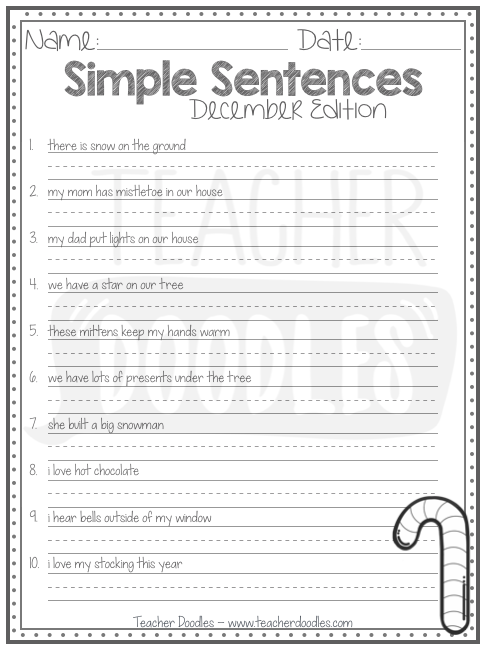 " This lyric from a children's play about acceptable grammar is certainly true; however, not everyone can point out the predicate in a sentence (even if they are sure of the subject). Learn more about what a predicate is with the predicate meaning and how to identify one in a sentence.
" This lyric from a children's play about acceptable grammar is certainly true; however, not everyone can point out the predicate in a sentence (even if they are sure of the subject). Learn more about what a predicate is with the predicate meaning and how to identify one in a sentence.Key Sentence Patterns in English Grammar
English sentences follow specific grammar patterns, and once you get familiar with these sentence patterns, your writing and understanding of the English language will improve. Examples of each pattern can help you recognize these types of sentences in daily life and learn to use them in your own writing.
Simple sentences in English
WAR
All dictatorships create external enemies and repression to sit on the throne forever.
If you can't tell the truth from a clever lie, then think about laws, about freedom of speech, how often and where power has changed.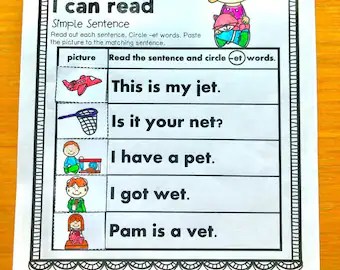
CNN News BBC News Telegram Wikipedia
Sentence – is a separate statement with intonational and semantic completeness. A sentence is a word or group of words, organized according to the rules of grammar, that carries a specific message, question, exclamation, or call to action.
- It's raining. - It's raining.
- Go outside! - Get outside!
- What are you doing? - What are you doing?
Sentences of the English language, as in Russian, depending on how many grammatical bases (combinations of subject and predicate) in the sentence, are divided into simple and complex sentences.
- Simple sentences
- There is my house. - This is my home.
- I have to go to the university. - I have to go to the university.
- Complex sentences
- There is the house where my family lives.
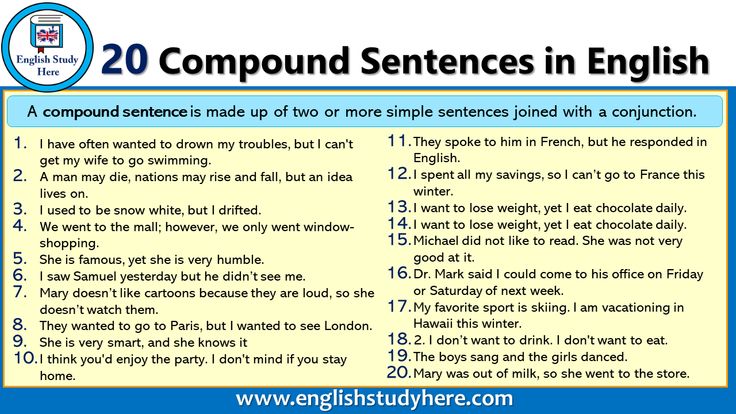 This is the house where my family lives.
This is the house where my family lives. - I have to go to the university now but I will come back soon. I have to go to the university now, but I will be back soon.
Simple sentence (a simple sentence) is a sentence in which there is only one grammatical basis (one combination of subject and predicate).
- Kate likes dogs. Kate loves dogs.
- We go jogging every Sunday. We go jogging every Sunday.
- They didn't go to school last year. They didn't go to school last year.
Simple sentences for the purpose of saying
All simple sentences , depending on the purpose of the statement, can be narrative , interrogative , imperative , exclamatory .
Narrative sentences
Declarative sentence (declarative sentence) - a sentence that communicates a certain fact or information in affirmative or negative form .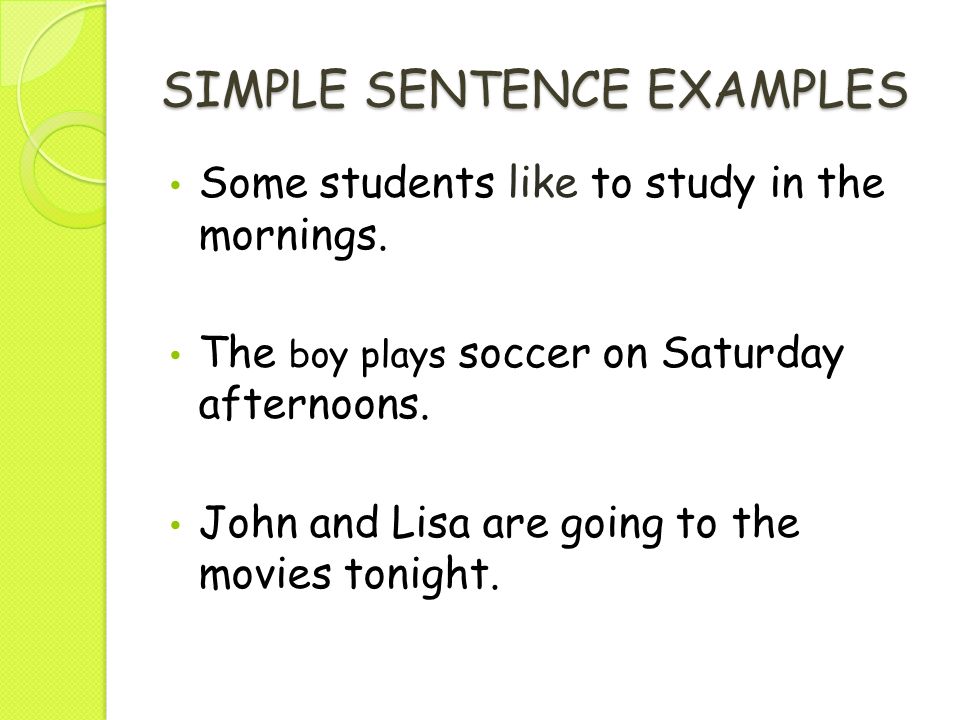 The intonation of such a sentence is mainly descending, direct word order is used (subject before the predicate).
The intonation of such a sentence is mainly descending, direct word order is used (subject before the predicate).
- My name is Paul. - My name is Paul.
- Kate is good at cooking. Kate cooks well.
- I don't like honey. - I don't like honey.
- George hasn't finished his work yet. George has not finished his work yet.
In English, as a rule, there can be only one negation in the sentence , in contrast to the Russian language, where there can be a double negation (the use of particles together not, neither, and negative pronouns, adverbs, etc.) .
- I know nothing. - I do not know anything.
- I don't know anything. - I do not know anything.
- We met no one yesterday. We didn't meet anyone yesterday.
- We didn't meet anyone yesterday. We didn't meet anyone yesterday.
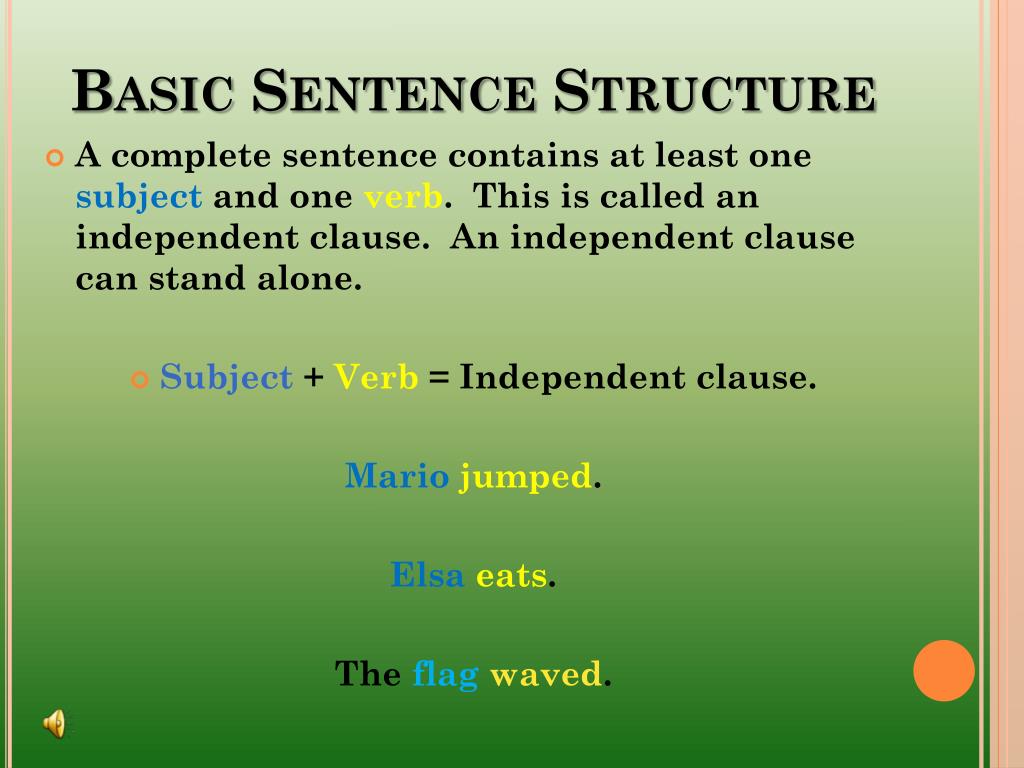
The double negative in English can be used to further strengthen the negative, but this is not common.
- I ain't got no money. - I don't have any money.
- We don't need no education, we don't need no thought control. “We don't need any education, we don't need any thought control.
Interrogative sentences
Interrogative sentence (interrogative sentence) - a sentence that expresses a question. They are formed using indirect word order (predicate before the subject), as well as interrogative words. Interrogative sentences are discussed in detail in the article types of questions.
- Who is there? - Who's there?
- What are you doing now? - What are you doing now?
- Do you like learning English? – Do you like learning English?
Imperative sentences
Imperative sentence (imperative sentence) - a sentence that encourages the interlocutor to act, that is, it expresses an order, request, command, invitation, etc.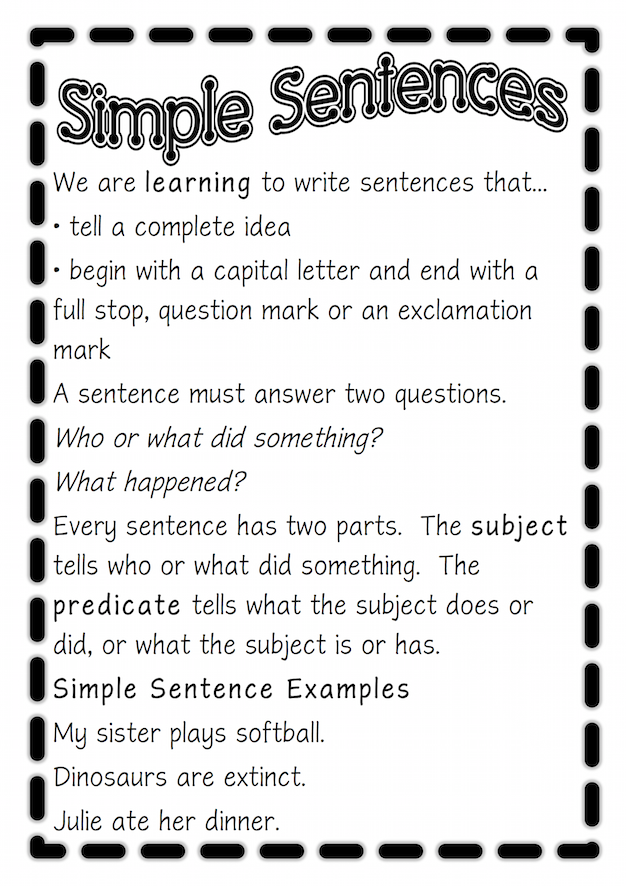 Such sentences often omit the subject you (you, you), as it is clear from the context, the verb is used only in the infinitive form without the particle to .
Such sentences often omit the subject you (you, you), as it is clear from the context, the verb is used only in the infinitive form without the particle to .
- Watch this! – Look at this!
- Listen to me. - Listen to me.
- Go and buy some bread, please. - Go buy some bread, please.
Sometimes in imperative sentences the pronoun you is not omitted in order to emphasize emotionally and strengthen an order or command.
- You sleep now. - You're going to bed now.
- We will rest and you drive. We will rest and you will drive the car.
- I will go to the shop and you stay at home. - I'm going to the store, and you stay at home.
In order to form a negative imperative sentence (prohibition or request), the auxiliary verb do is always used in the negative form, even with the verb to be .
- Don't give me orders! - Don't order me!
- Don't touch it, please. - Don't touch it, please.
- Don't be so silly! - Don't be so stupid!
- Oh, come on, don't be mad. “Oh come on, don’t be mad.
The verb to let (to allow) is used to form an order, command directed at third parties. To let is also used to offer help or ask for permission.
- Let her go. - Let her go. (Let her go.)
- Let him do whatever he wants. Let him do whatever he wants.
- Let the children play with our dog. Let the children play with our dog.
- Let me help you. - Let me help you.
- Let us do this. - Let us do it.
Form let's (short for let us ) is used to suggest a joint action. In this sense, the full form let us is practically not used.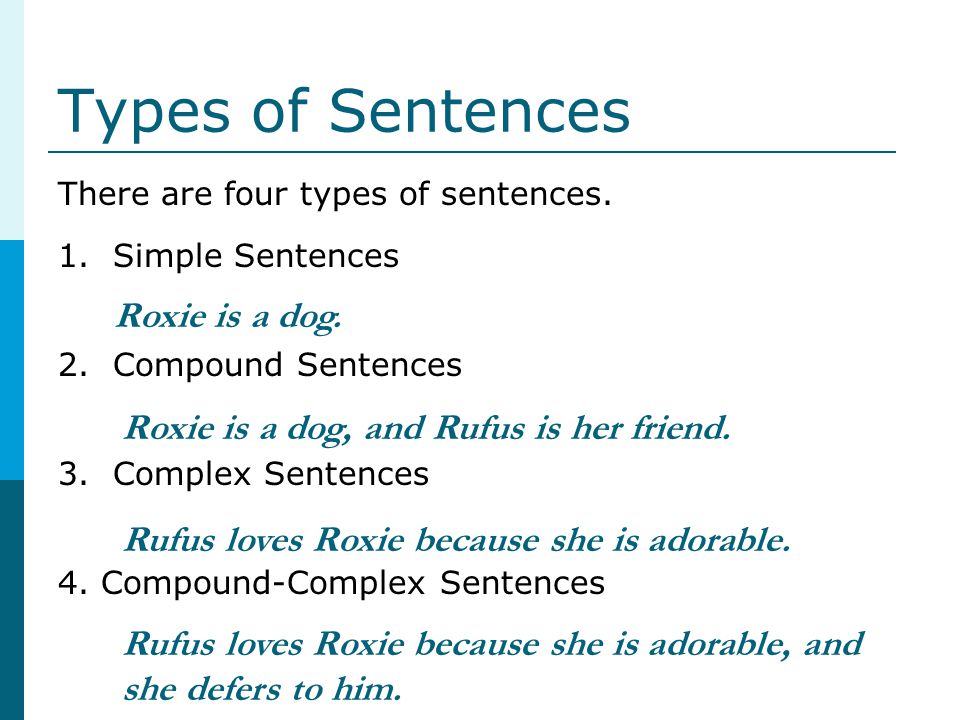
- Let's go for a walk! - Let's go for a walk!
- Let's play football outside. Let's play football outside.
- Let's invite Paul and Janice to the party. Let's invite Paul and Janice to the party.
Exclamatory sentences
Exclamatory sentence (exclamatory sentence) - a sentence expressing certain emotions or feelings. Often such sentences begin with the words what and how and end with the exclamation point .
In exclamatory sentences only direct word order is used. However, often a sentence can only consist of one or two words.
- Marvelous! - Wonderful! (also with a hint of sarcasm)
- How wonderful! - How wonderful!
- It's such a beautiful life! - What a beautiful life!
- What a lovely day it is. - What a wonderful day today.

Types of simple sentences according to the structure
Simple sentences according to their structure (presence or absence of some members of the sentence) are divided into two-part and single-member , as well as on non-common and common .
Two-part sentence
Two-member sentence (two-member sentence) - a sentence in which there are both main members of the sentence (subject and predicate), or one of them is omitted, as it is clear from the context or the previous sentence.
- I don't like this book. - I don't like this book.
- We had a lot of fun in Brazil! Swimming in the ocean, drinking cocktails, dancing. We had a lot of fun in Brazil! We swam in the ocean, drank cocktails, danced.
Two-part sentences , in turn, are divided into complete and incomplete.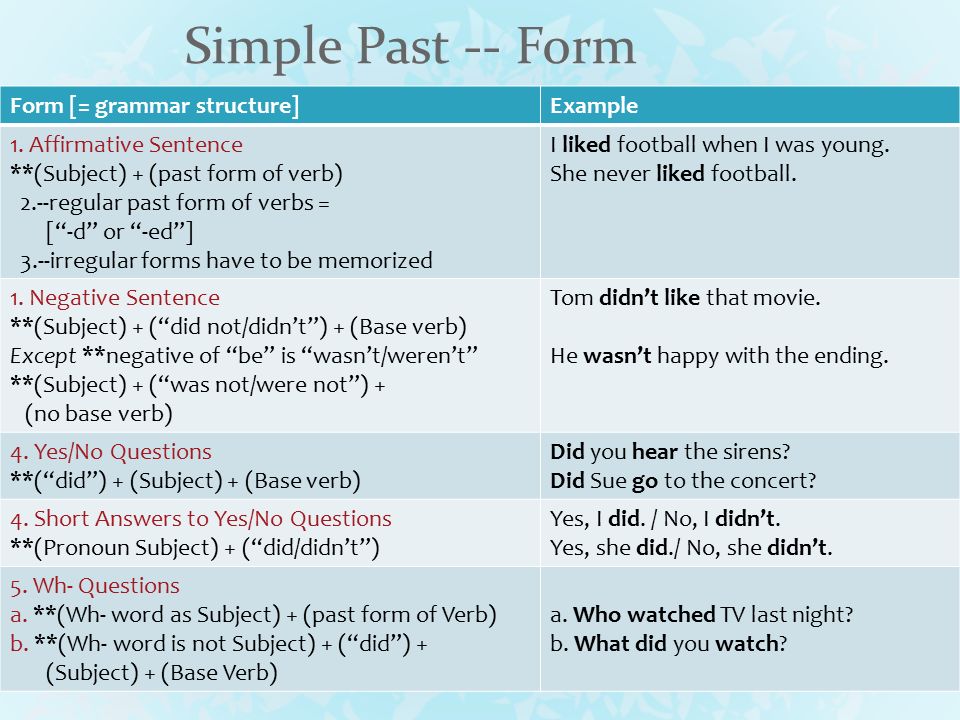 Complete sentence (complete sentence) - a two-part sentence in which there is both a subject and a predicate.
Complete sentence (complete sentence) - a two-part sentence in which there is both a subject and a predicate.
- The baby was smiling to us. The child smiled at us.
- We've bought a lot of candies for you. We bought you a lot of sweets.
- There was a big party at Caroline's place. Caroline had a big party.
Incomplete sentence Such sentences are often found in colloquial speech, dialogues.
- Who did that? Mark, of course. - Who did it? Of course Mark.
- What did he do? Nothing at all! - What did he do? Nothing at all!
- What were we doing? Just chilling and talking. – What did we do? They just relaxed and talked.
One-part proposal
One-member sentence (one-member sentence) - a special type of sentence in which there is only one main member of the sentence, and it cannot be unambiguously defined as a noun or a predicate.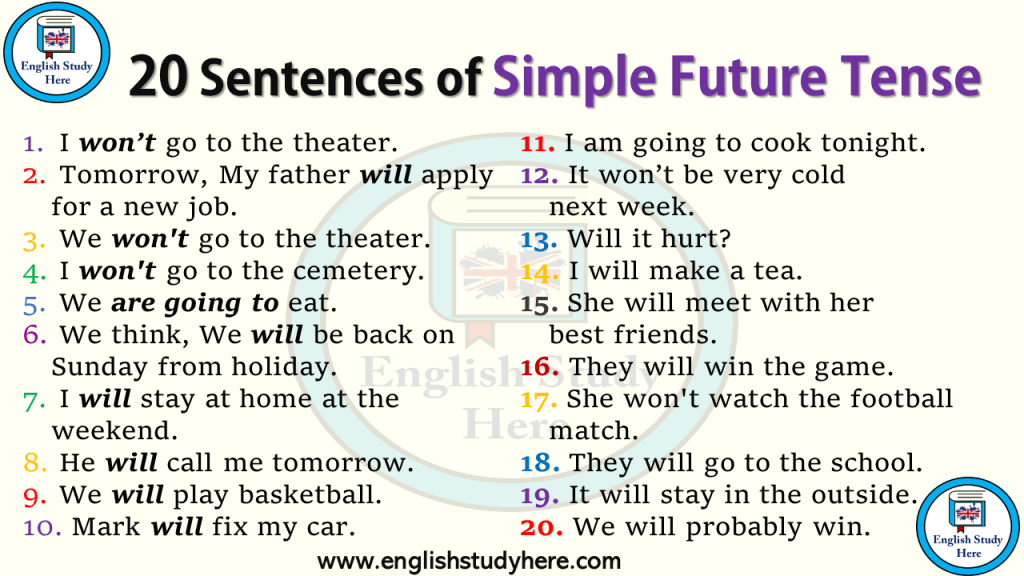 Sometimes such sentences are called sentence-phrases .
Sometimes such sentences are called sentence-phrases .
One-part sentences can be expressed using a noun or an infinitive of a verb.
- To be or not to be? - To be or not to be?
- To stay here – alone, forgotten by everyone. – To stay here – alone, forgotten by everyone.
- Spring! Birds singing, the sun shining, flowers in blossom. - Spring! The birds are singing, the sun is shining, the flowers are blooming.
Uncommon and common offerings
Unextended sentence (non-extended sentence) - a sentence in which there are no secondary members of the sentence, but there is only grammatical basis . Uncommon can be both one-part and two-part sentences.
- Spring. - Spring.
- To live! - Live!
- Don't talk! - Do not talk!
- She is sleeping. - She is sleeping.
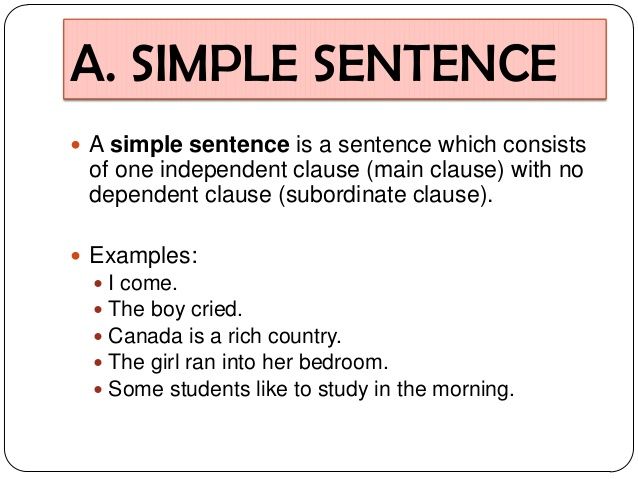
- Matt is a student. Matt is a student.
Extended sentence (common sentence) - a sentence in which there are one or more minor members of the sentence depending on the subject or predicate.
- Beautiful spring! - Beautiful spring!
- Don't talk to me now! - Don't talk to me now!
- My little sister is sleeping upstairs. My little sister sleeps upstairs.
- Matt is not really a good student. Matt is not a very good student.
Types of simple proposals by the presence of main members
- Personal proposals
- Definitely personal offers
- Indefinite personal sentences
- Impersonal offers
- Name sentences
Simple sentences are divided into two groups according to their structure: sentences with two main members (two-part) and sentences with one main member (one-part).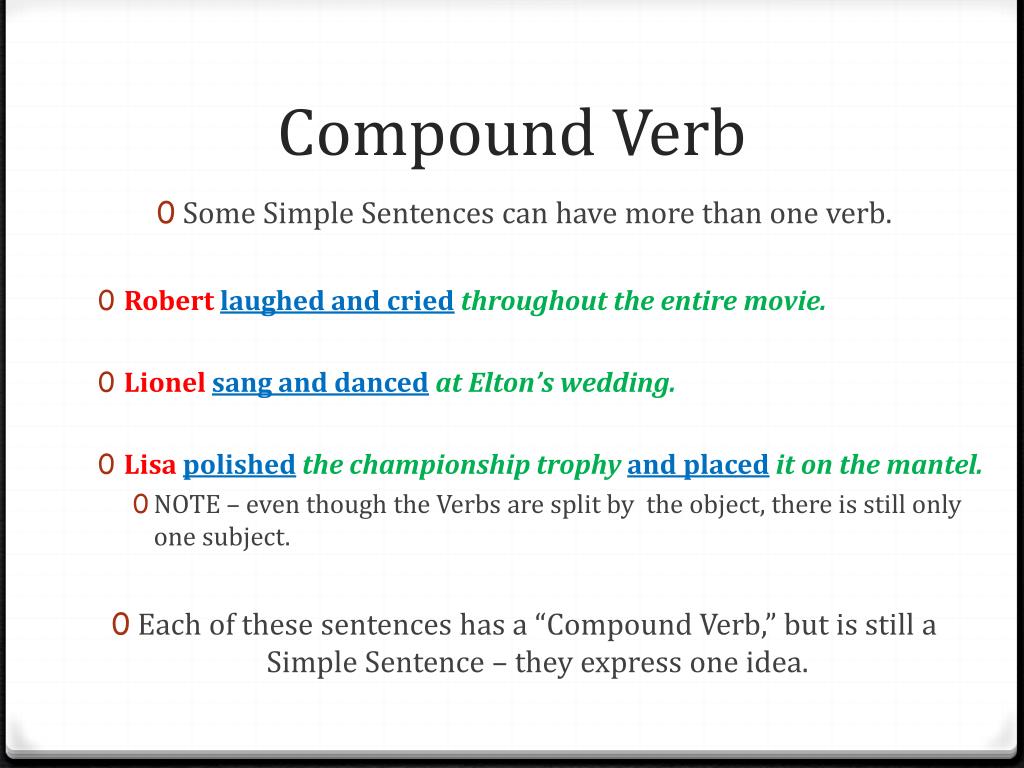
Two-part simple sentence is a sentence that contains both main members - subject and predicate. For example:
I got sick.
One-part simple sentence is a sentence in which there is only one main member - subject or predicate. For example:
It was getting dark.
Simple sentences with one main member are divided into two main groups:
- with the main member in the form of the subject;
- with the main member in the form of a predicate.
Simple sentences are divided into five groups according to the presence of main members:
- personal sentences with two main members - subject and predicate;
- definite personal sentences with one main member - the predicate;
- indefinitely personal sentences with one main member - the predicate;
- impersonal sentences with one main member - the predicate;
- denominative sentences with one main member - subject.
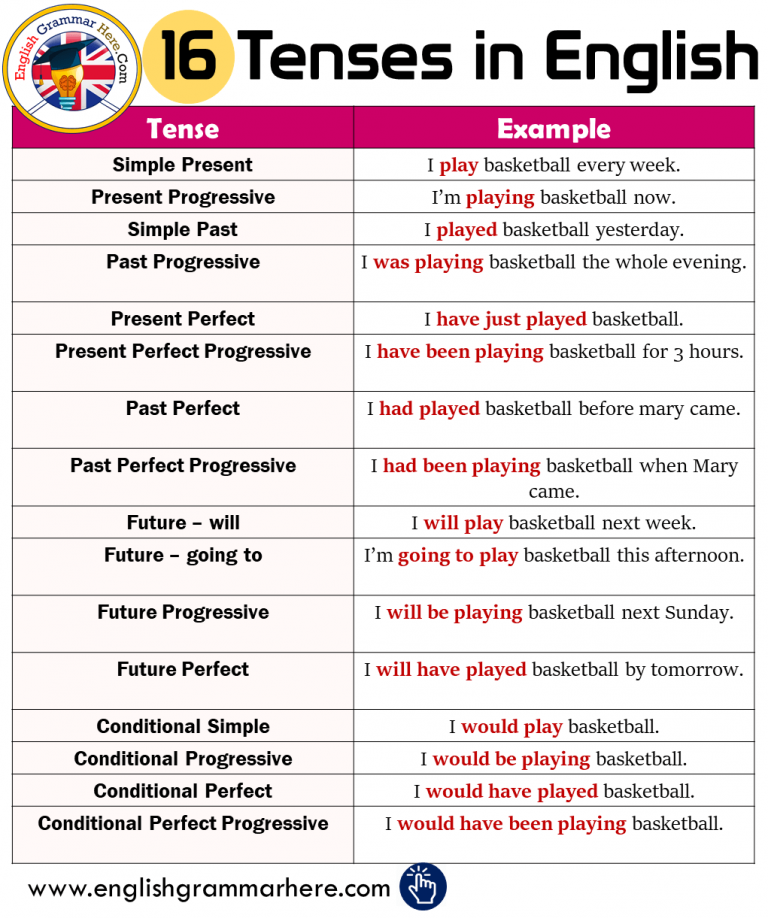
Proposals consisting of only main members are called non-extended. Sentences consisting of main and secondary members are called common.
Common and non-common can be both sentences with two main members and sentences with one main member.
Personal sentences
A personal sentence is a sentence that consists of a subject and a predicate or a single predicate that clearly indicates the subject by its ending (pronoun I, we, you or you ). For example:
The presented roses withered quickly.
Today leave at early.
Definitely personal offer
Definitely personal offer is a sentence that has only one main member in the form of a predicate-verb of the 1st or 2nd person indicative mood (present or future tense) or imperative mood. Since the ending of the predicate in these forms clearly indicates the subject (pronoun I, we, you or you ), the subject is not used so as not to duplicate the meaning of the person.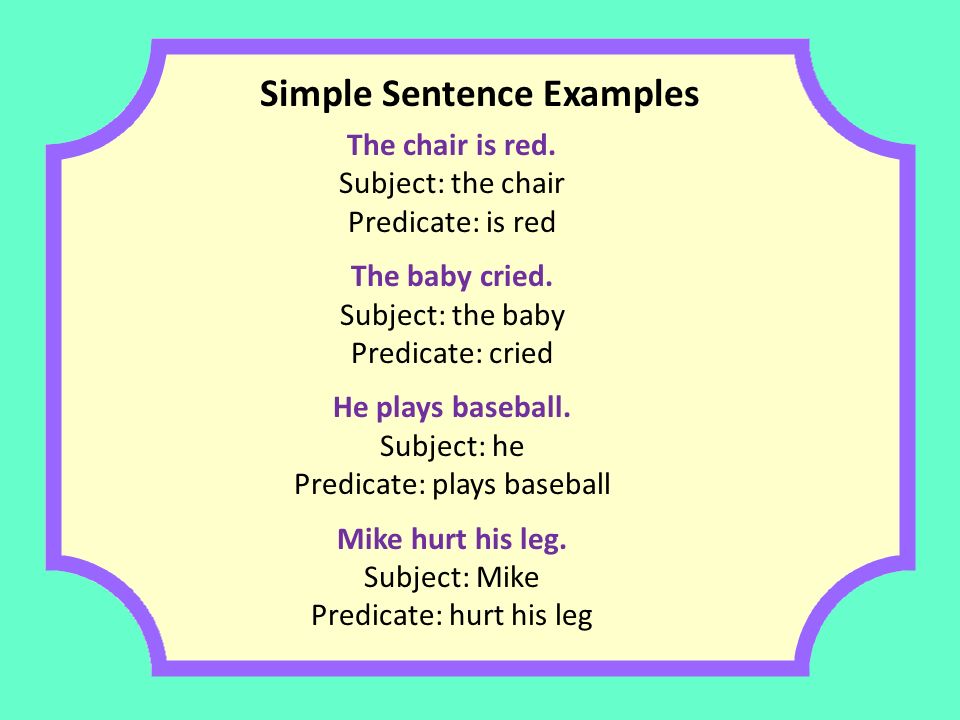
Example.
- 1st person present indicative:
Help sister with homework.
- 2nd person present indicative:
Eid are you going to the cinema with us ?
- 1st person future indicative:
Dela eat report together.
- 2nd person future indicative:
Play eat tomorrow with us?
- Imperative:
Coming tomorrow or early.
Indefinite personal sentences
Indefinite personal sentence is a sentence that has only one main member in the form of a predicate-verb of the 3rd person plural in the present or future tense or plural in the past tense.
Example.
- 3rd person plural present tense:
Walls are being painted in the next entrance.
- 3rd person plural in the future tense:
Scientific experiments will be carried out at the institute.
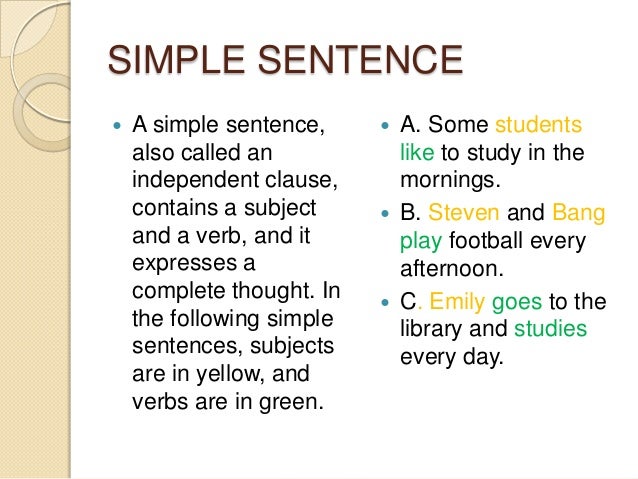
- Past plural form:
Many letters have been sent to me.
Sentences that are indefinitely personal in form can have a generalized meaning. For example:
Chicks in autumn count .
Her name is Nastya.
In such cases, an action is reported that indicates a generalized figure, that is, everyone usually counts chickens in the fall, everyone calls her Nastya.
A generalized personal sentence is a sentence in which the subject is not named, because the statement does not refer to one person, but to everyone in general.
In generalized personal sentences, the predicate can be expressed in verb forms:
- 2nd person singular indicative:
You can't catch wind in a mitten ;
- 3rd person plural indicative:
Nightingales are not fed with fables ;
- 2nd person imperative:
Take care of dress again, and honor from a young age.
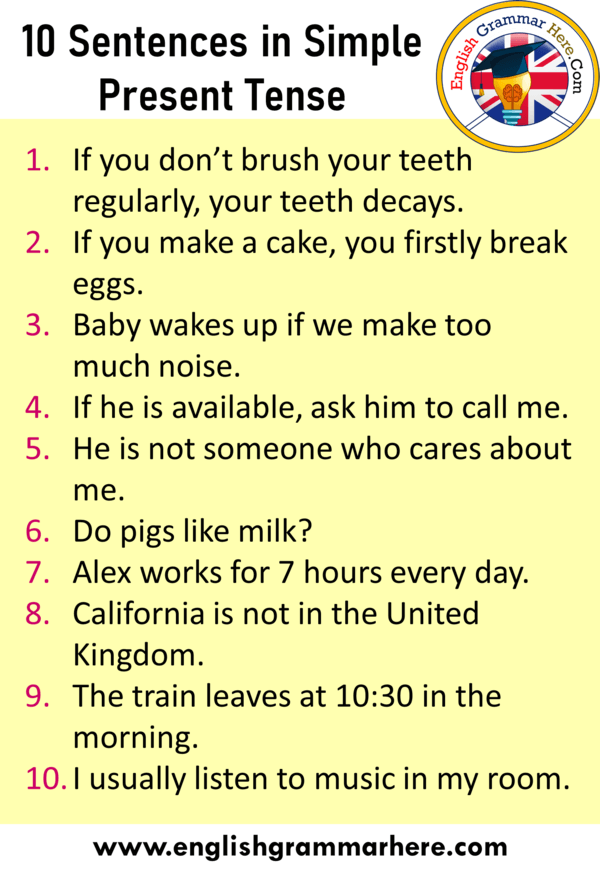
In indefinite personal sentences, the action itself is important, not the persons performing it. Therefore, in such sentences, the predicate refers to all persons in general or to an indefinite number of persons. The absence of the subject is explained by the fact that it is difficult to name it as too indefinite. For example:
Library asks to be quiet. For violation of the rules strictly punished .
A subject cannot be introduced into an indefinite personal sentence, because then it will lose its generalizing (indefinite) meaning. Compare:
You cannot fill a bottomless barrel with water . – You will not fill the bottomless barrel with water .
The value of generalization often allows such sentences to be used as proverbs and sayings.
Impersonal offer
Impersonal offer is a sentence that has only one main member in the form of a predicate, in which there is not and cannot be a subject.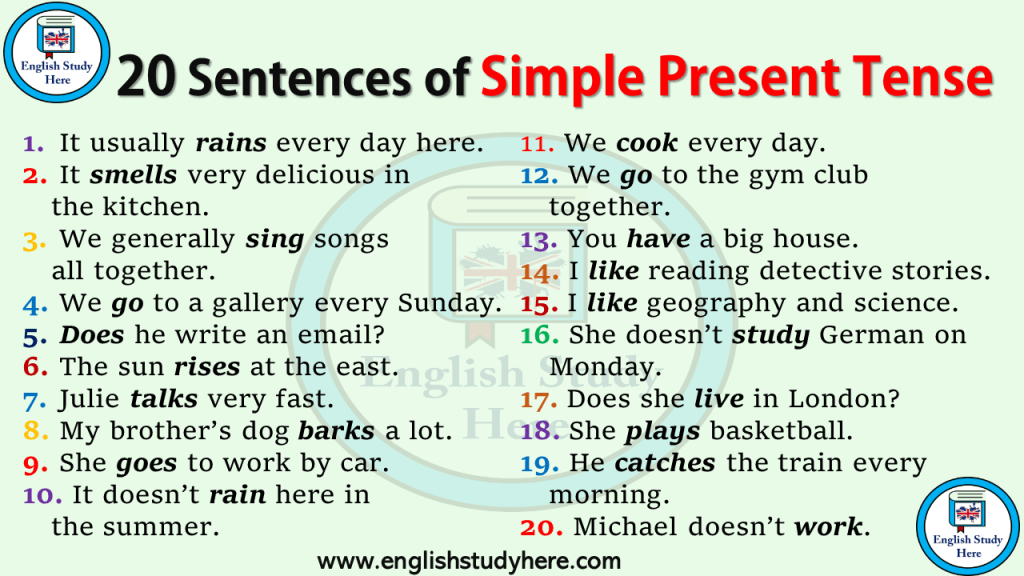 For example:
For example:
It was cold outside .
makes me shiver .
Strong wind from the window .
Since there cannot be a subject in such sentences, the question cannot be raised from the predicate who? or what?
The predicate in an impersonal sentence can be expressed:
- Impersonal verb:
It was getting dark fast outside .
carried me with the current.
The verb to be in impersonal negative sentences has an impersonal form:In the summer there were students absent from school .
Tomorrow I will be away at home.
- Indefinite form, which has no face value:
Do not pass your exam this year.
It's time for you to leave .
- Adverb without copula:
I'm ashamed .
We are sorry .
with link:
I felt ashamed .
We were sorry .
- Invariable verb no :
There is no such word .
The verb no is used in negative sentences. When approved, such impersonal sentences will correspond to sentences with two main members. Compare:I have a cat .
I had a cat.
I don't have a cat.
I didn't have a cat.
Please note that in the structure of the negative sentence with the verb there is no , there must be a noun in the genitive case with the value of the object of negation:no (who?) cat .
The predicate in impersonal sentences can be simple and compound, for example:
Heat blew from the oven .
Saturday morning did not want to get up .
I had to come to the director.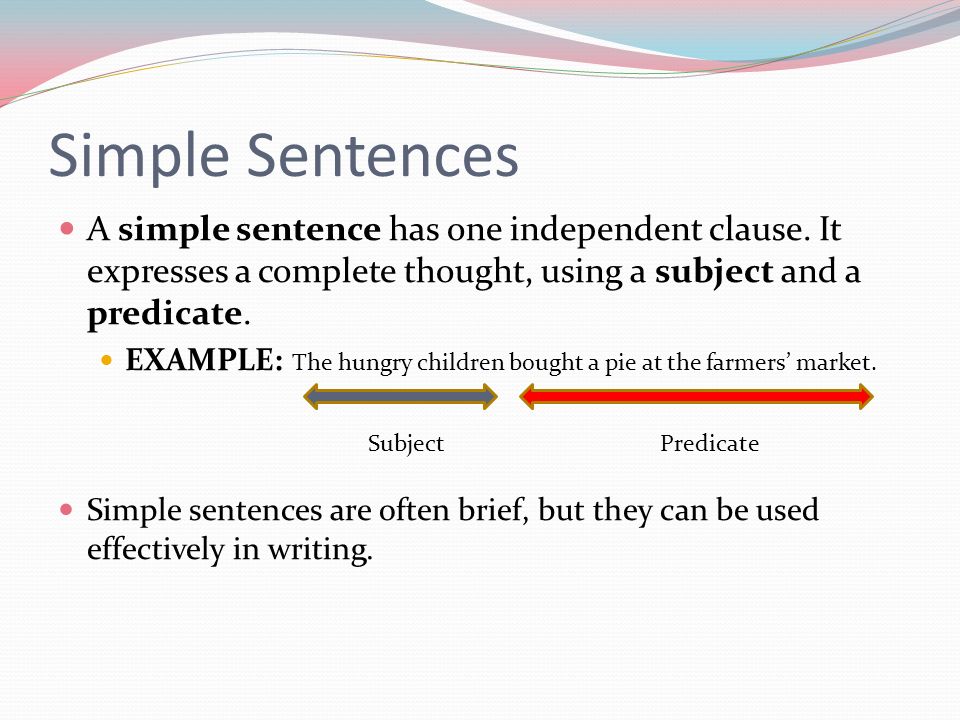
Learn more

